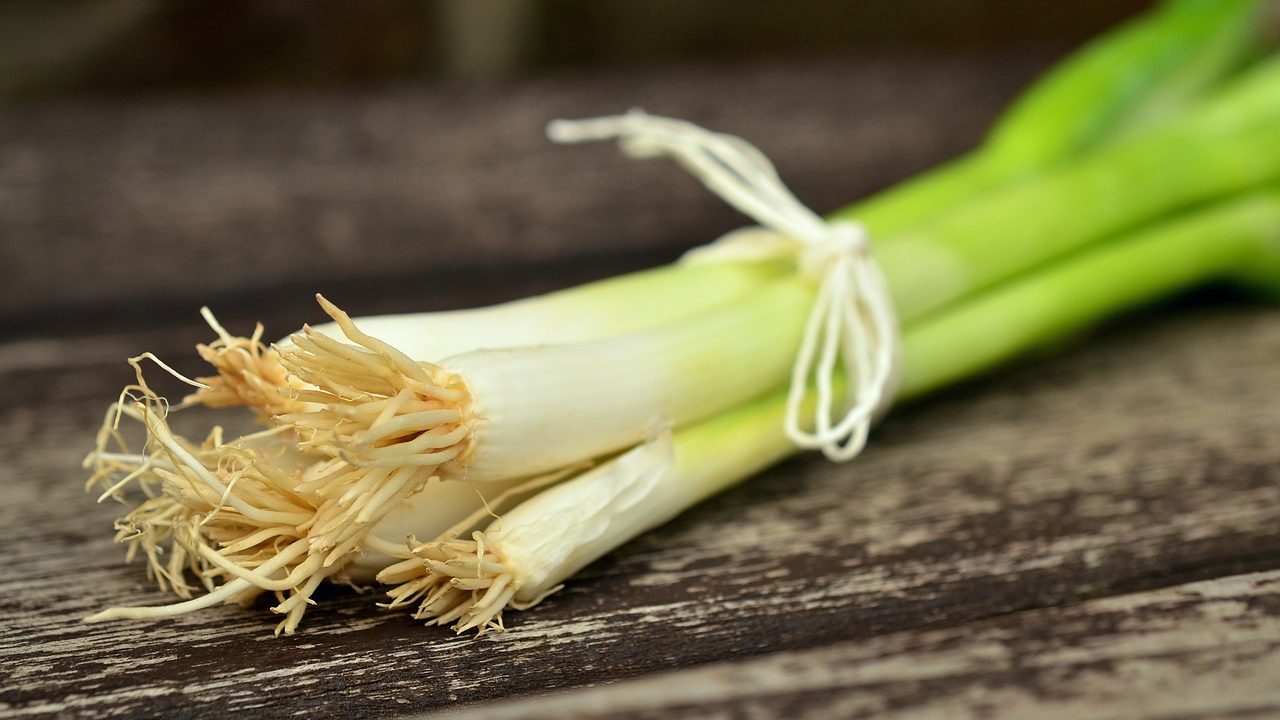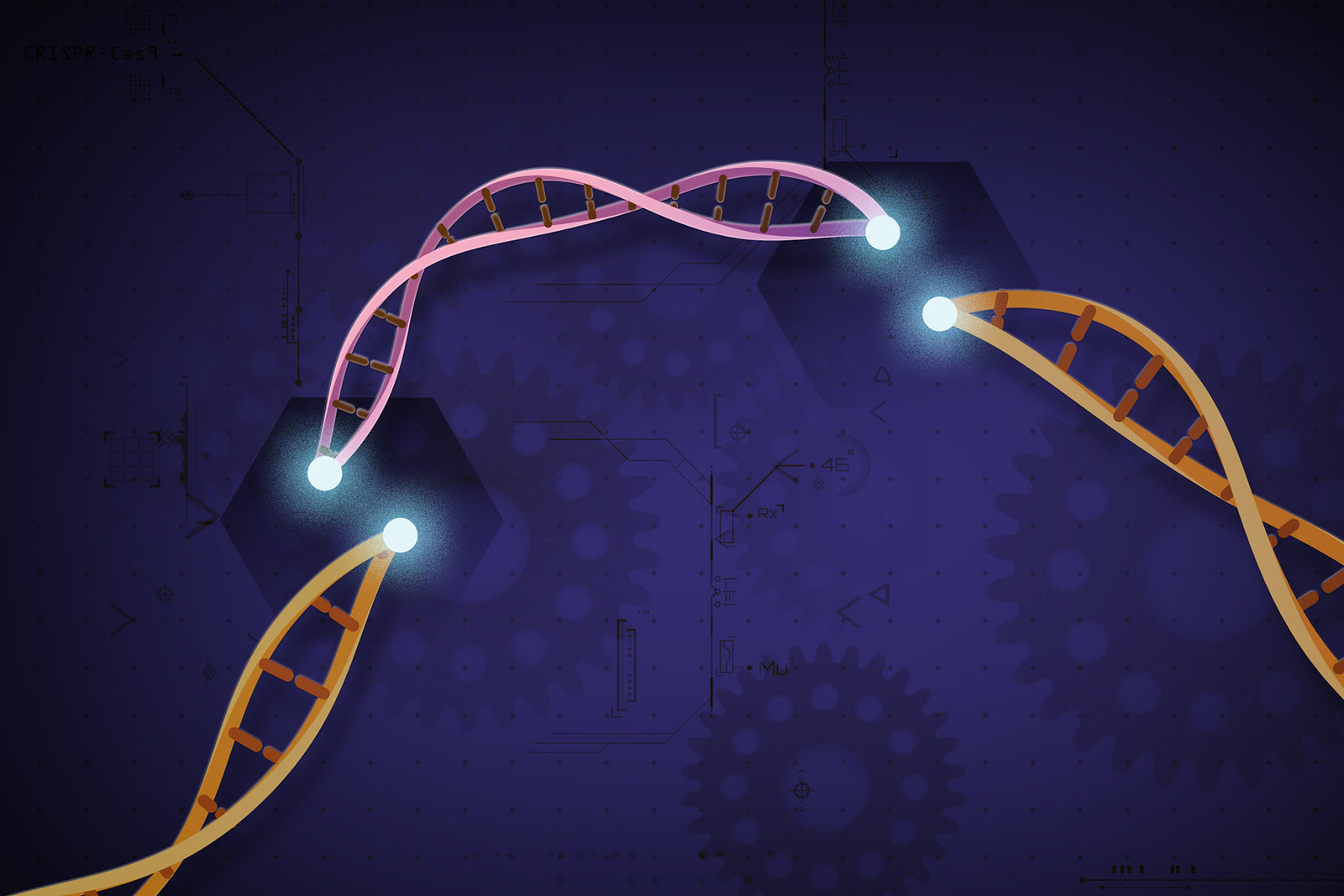
Research Stash Weekly Review #48
- Weekly Review
- 1.3K
Weekly Review #48 – Summary of the latest news in science and technology research across the world, carefully handpicked by team Research Stash
Scientists Just Built a Mini-Sun in a Lab That Emits ‘Plasma Burps’
In order to get a closer look at the sun and study the solar wind, a team of researchers created their own miniature sun in the lab — complete with its own electromagnetic field and ultrahot plasma. Read More
Japan Approves Groundbreaking Experiment Bringing Human-Animal Hybrids to Term
After years of planning, the persistent researcher has at last received approval from a government willing to pursue one of the most controversial scientific studies there are human-animal embryo experiments. Read More
In a Lab Accident, Scientists Create the First-Ever Permanently Magnetic Liquid
For the first time, scientists have created a permanently magnetic liquid. These liquid droplets can morph into various shapes and be externally manipulated to move around, according to a new study. Read More
A new tool uses AI to spot text written by AI
AI algorithms can generate text convincing enough to fool the average human—potentially providing a way to mass-produce fake news, bogus reviews, and phony social accounts. Thankfully, AI can now be used to identify fake text, too. Read More
Taiwan develops heat-resistant green onions
A new green onion variety with heat-resistant properties has been developed in Taiwan, allowing farmers to continue producing them even in the hot summer months. Read More
Landmark Gene-Editing Work May Help Restore Vision
Patients are about to be enrolled in the first study to test a gene-editing technique known as CRISPR inside the body to try to cure an inherited form of blindness, per the AP Read More
Molecule produced by gut bacteria increases childhood allergy and asthma risk
New research, led by scientists from UC San Francisco, is describing for the first time how a specific compound produced by gut bacteria can directly influence the immune system and drive the development of allergies and asthma in infants. Read More
Microfluidics device helps diagnose sepsis in minutes
A novel sensor designed by MIT researchers could dramatically accelerate the process of diagnosing sepsis, a leading cause of death in U.S. hospitals that kills nearly 250,000 patients annually. Read More
AI protein-folding algorithms solve structures faster than ever
The race to crack one of biology’s grandest challenges — predicting the 3D structures of proteins from their amino-acid sequences — is intensifying, thanks to new artificial-intelligence (AI) approaches. Read More
Parasitic plants use stolen genes to make them better parasites
A new study led by researchers at Penn State and Virginia Tech reveals that the parasitic plant dodder has stolen a large amount of genetic material from its hosts, including over 100 functional genes. Read More
If you liked this article, then please subscribe to our YouTube Channel for the latest Science & Tech news. You can also find us on Twitter & Facebook.


